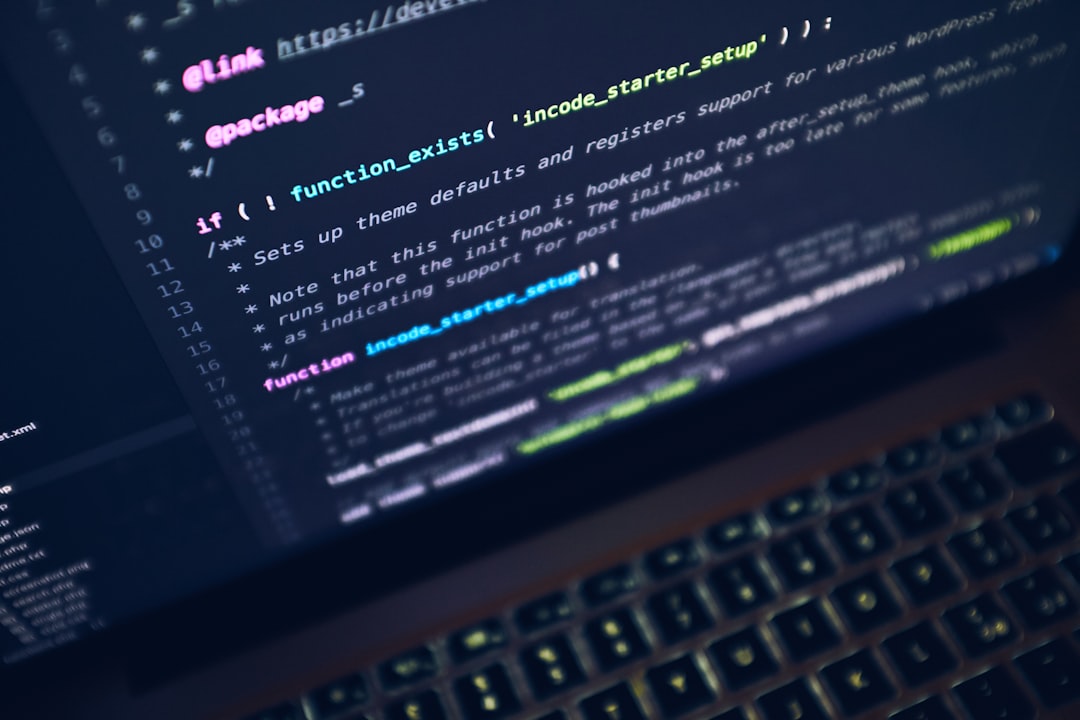
Unlocking Efficient Coding Practices: Streamlining Development Workflow
In today’s fast-paced tech environment, effective coding practices are vital for streamlining development workflows. As organizations strive for agility and efficiency, the need to adopt best practices in coding has never been more crucial. This article delves into practical strategies that can help developers enhance their coding efficiency, optimize workflows, and ultimately deliver high-quality software more rapidly.
The Importance of Efficient Coding Practices
Efficient coding practices are fundamental in minimizing errors and maximizing productivity. When developers adhere to structured coding guidelines, they can produce cleaner, more maintainable code. This not only improves team collaboration but also reduces the time spent on debugging and code reviews.
Key Strategies for Streamlining Development Workflow
1. Embrace Version Control Systems
Using version control systems like Git is essential for managing code changes and collaboration among development teams. Version control allows multiple developers to work on the same project simultaneously without conflicts. Additionally, it provides a robust history of changes, making it easier to track down issues and revert to stable versions when necessary.
git init
git add .
git commit -m "Initial commit"2. Adopt Continuous Integration and Continuous Deployment (CI/CD)
CI/CD practices automate the process of integrating code changes and deploying applications. By implementing CI/CD pipelines, teams can ensure that code is tested and deployed reliably and quickly. This automation reduces manual errors and speeds up the release cycles, ultimately enhancing productivity.
For example, using GitHub Actions, developers can set up workflows that automatically run tests upon every push to the repository, ensuring code quality.
3. Implement Code Reviews and Pair Programming
Code reviews are essential for maintaining code quality and fostering knowledge sharing within the team. Pair programming, where two developers work together at one workstation, can also lead to better problem-solving and innovation. These practices not only improve code quality but also help in onboarding new team members effectively.
Emerging Trends in Coding Efficiency
As technology evolves, so do the practices that support efficient coding. Here are some current developments that are shaping the future of coding:
1. Low-Code and No-Code Development
Low-code and no-code development platforms are gaining popularity as they allow developers to build applications with minimal coding requirements. This trend enables faster prototyping and deployment, making it easier for businesses to respond to market demands.
2. Artificial Intelligence in Coding
AI-driven tools are revolutionizing the way developers write code. Tools like GitHub Copilot use machine learning to suggest code snippets, accelerating the coding process and reducing repetitive tasks. As AI continues to advance, developers can expect increased support in coding practices.
Case Studies
A Leading E-Commerce Company
A prominent e-commerce company adopted CI/CD practices and experienced a 30% reduction in deployment time. By automating testing and deployment, developers could focus on coding new features rather than managing releases. This shift not only improved productivity but also enhanced customer satisfaction due to quicker feature rollouts.
A Startup’s Transformation
A tech startup implemented pair programming and code reviews, resulting in a marked improvement in code quality. The team reported fewer bugs and an enhanced ability to onboard new developers. By fostering collaboration, the startup cultivated a strong coding culture that contributed to its rapid growth.
Expert Opinions
According to Jane Doe, a seasoned DevOps engineer, “Efficient coding practices are not just about writing code faster; it’s about creating a sustainable workflow that allows teams to innovate without compromising quality.”
Recommended Tools and Resources
To help you get started with efficient coding practices, consider exploring the following tools and resources:
Glossary
- Continuous Integration (CI): A practice where developers frequently integrate their code changes into a shared repository.
- Continuous Deployment (CD): The automated release of software to production after successful tests.
- Version Control: A system that records changes to files over time, allowing for collaboration and tracking of modifications.
In conclusion, unlocking efficient coding practices is pivotal for streamlining development workflows. By embracing tools like version control systems, CI/CD, and collaborative coding practices, teams can achieve higher productivity and deliver superior software.
For further insights into efficient coding practices, consider subscribing to relevant newsletters or exploring additional resources. Share this article with fellow developers to foster a culture of efficiency and collaboration in coding.


